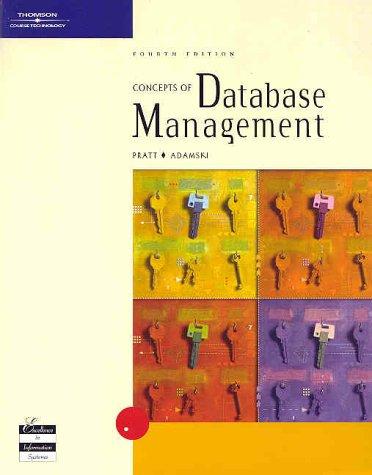Answered step by step
Verified Expert Solution
Question
1 Approved Answer
public class Word implements Comparable < Word >{ public String value ; public Integer frequency ; public Word ( String value , Integer frequency ){
public class Word implements Comparable<Word>{ public String value; public Integer frequency; public Word(String value, Integer frequency){ this.value = value; this.frequency = frequency; } @Override public int compareTo(Word otherWord) { if(this.frequency.equals(otherWord.frequency)) return -1 * this.value.compareTo(otherWord.value); else return this.frequency.compareTo(otherWord.frequency); } public String toString(){ return "[" + value + ", " + frequency + "]"; } } public class BinaryHeap { private Word[] wordArray; private int size; public BinaryHeap(Word[] array){ size = array.length; buildHeap(array); } // Problem #2 (20 pts) // Fill in the following method with an O(n) time algorithm // that builds an n element complete binary heap. // Note: You are allowed to add helper methods. // All element comparison must be done by the compareTo method. public void buildHeap(Word[] array){ } Note: a Word consists a word itself and the frequency. ex) [apple, 25]
Step by Step Solution
There are 3 Steps involved in it
Step: 1

Get Instant Access to Expert-Tailored Solutions
See step-by-step solutions with expert insights and AI powered tools for academic success
Step: 2

Step: 3

Ace Your Homework with AI
Get the answers you need in no time with our AI-driven, step-by-step assistance
Get Started


